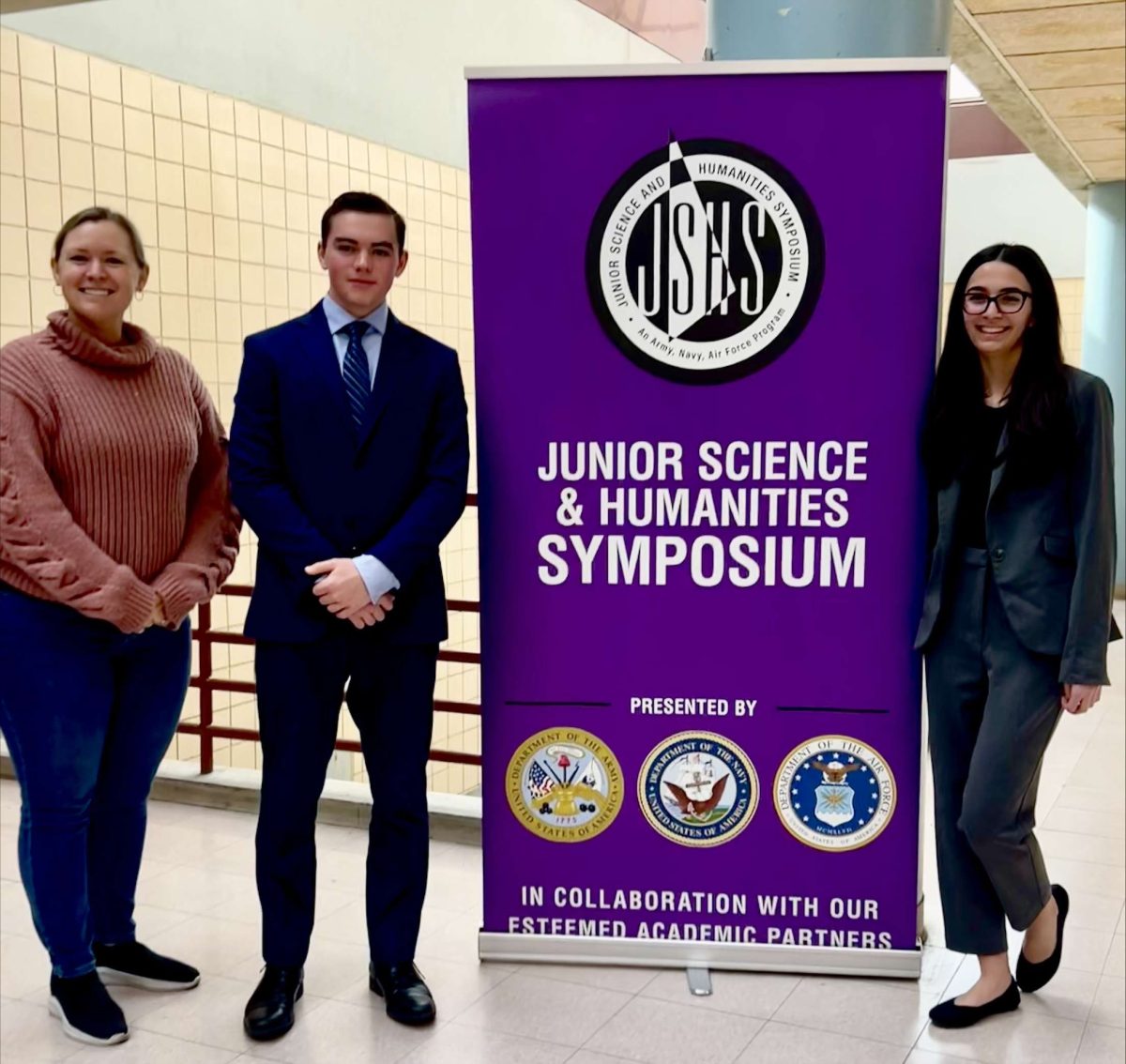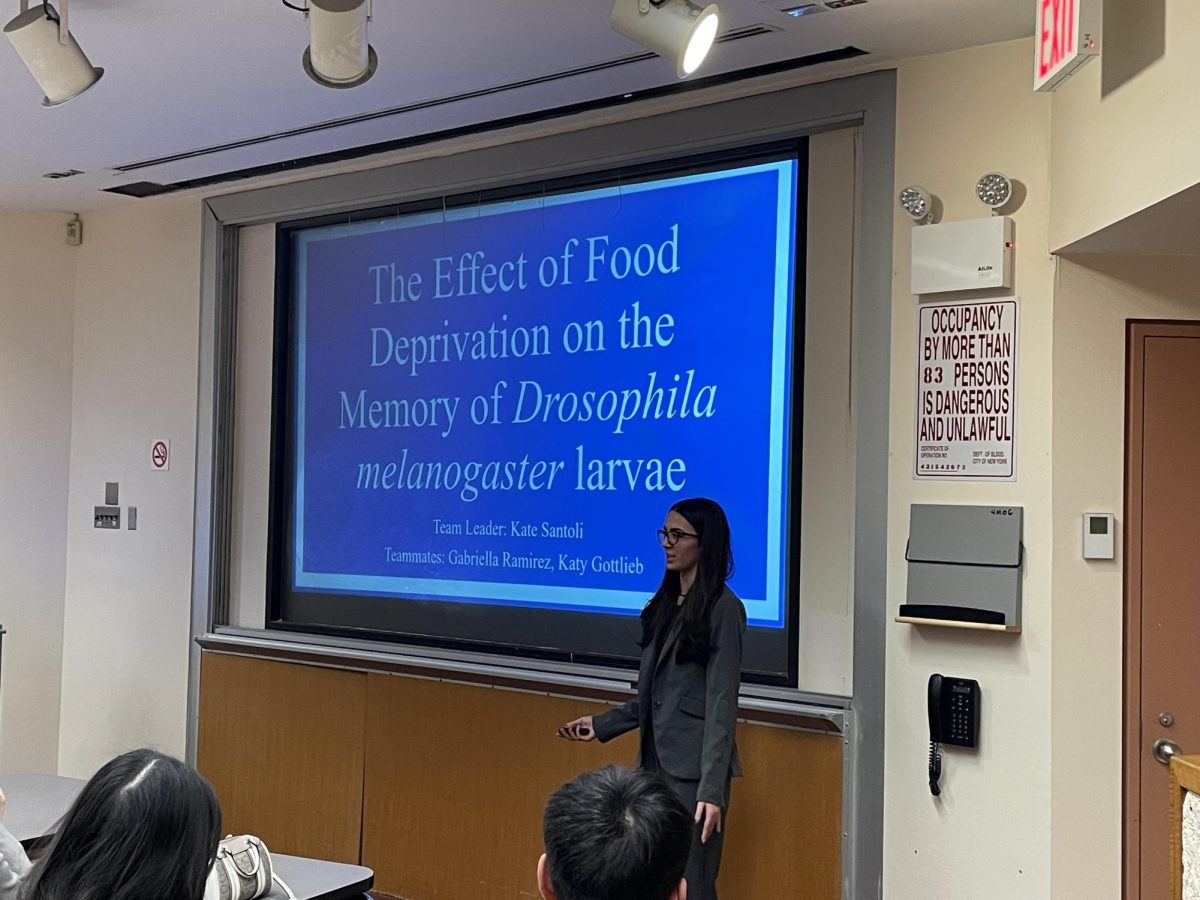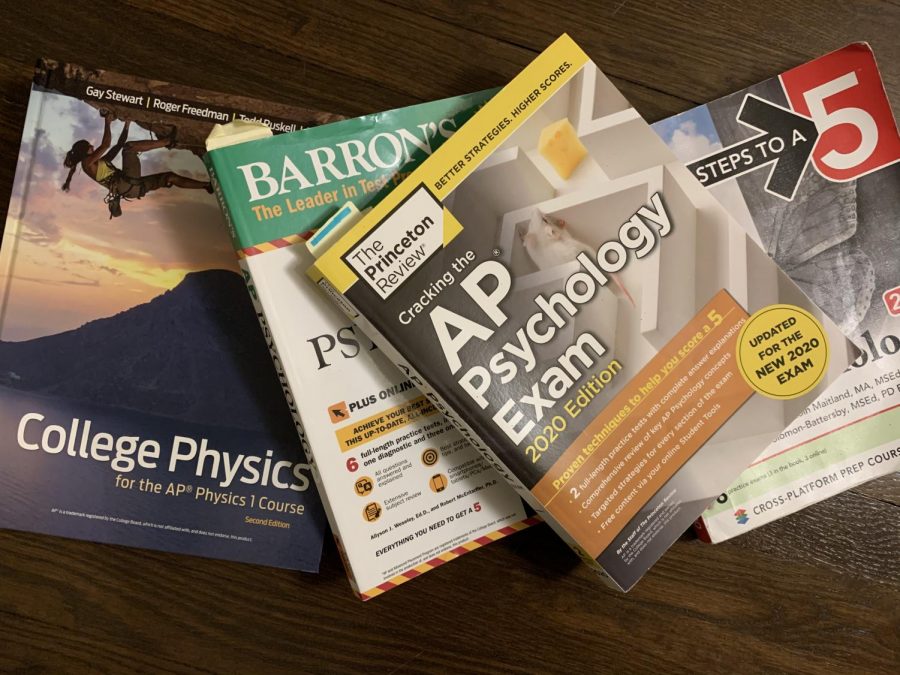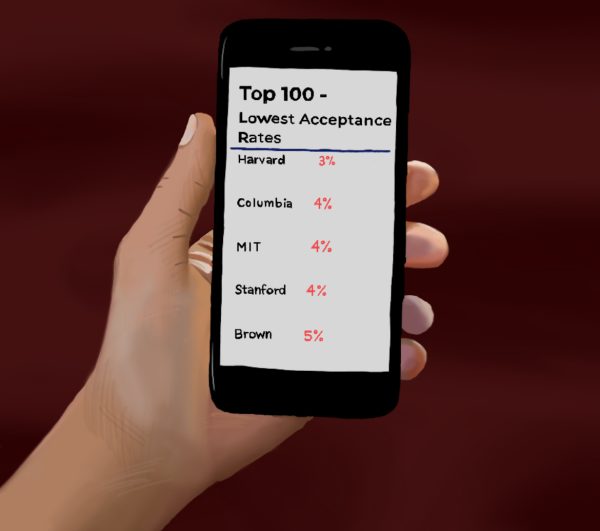Standardized Tests Should Happen
The rapid spread of the coronavirus pandemic forced schools to shut down in the spring of this year, and as the 2020-2021 school year has begun, schools are implementing new systems to have their students back in school as much as possible. But, without the certainty of having Regents or AP exams at the end of the year, students have less of an incentive to learn and study, are less prepared to go to college and enter the workforce, and lack the sense of normalcy that annual testing provides. These exams should be held, whether in person or virtually, because they will motivate a generation of students facing continued uncertainty.
When students and teachers know there will be a final exam, they are forced to work harder throughout the year to be prepared for the test. Without an endpoint, goals are more easily clouded, leading to a weaker education process. In 2002, the No Child Left Behind (NCLB) Law was signed, penalizing schools whose students do not perform well on standardized tests. Failing schools must file plans that show their desire to improve, change their curriculum, and provide tutoring for students, as reported on the Issues website (issues.org). The creation of this law shows the widespread belief that without standardized tests, students and teachers alike are less motivated to do all they can to help themselves and their students succeed.
This year, it is more important than ever that students have an incentive to remain motivated; this motivation will not only help keep students focused on school but will be a needed distraction from everything going on in the world. Having to focus on school allows students to feel a sense of normalcy. 
It is understandable that it is difficult to test students regularly during this school year. However, AP and Regents exams are different. The College Board and New York State can take the entire school year to create measures that prevent the main problem of online tests: cheating. Additionally, depending on the state of the pandemic, tests can be administered in person. If students are still in school, there is no reason why these tests should be administered for everyone online. For students who are unable to access the test online or do not feel comfortable taking it in school, the option should be open to take it in whichever setting a student needs to. Last year, when The College Board administered AP exams online, most test takers had pleasant experiences, and the College Board will likely be able to work out most of the issues throughout the year for the students who need to take tests online.
In general, testing forces most students to study, and studying results in a greater retention of knowledge. According to an article on the Scientific American website (scientificamerican.com), Jeffrey Karpicke, a professor of cognitive psychology at Purdue University, reported, “Recalling information we’ve already stored in memory is a more powerful learning event than storing that information in the first place. Retrieval is ultimately the process that makes new memories stick.”
It is imperative that students learn all they can when they go to school. Testing fosters a deeper retention of learned knowledge and thus leads to a more informed group of students. In a Scientific American article entitled “Researchers Find That Frequent Tests Can Boost Learning,” Henry Roediger III of Washington University reports that of students given a list of words to memorize, those who were quizzed remembered 80% of the words later on, whereas students who were not quizzed only remember about a third. It is thus proven that in order to best retain information, students should be given exams.
Not only will testing create a generation of learned citizens, but it will also give teenagers problem solving skills they can use throughout their lives. Scientific American (scientificamerican.com) also revealed testing, which generates recollection, leads to a process called transfer. This is when students who engage in deep learning, such as testing, are able to apply what they have learned to different situations. This proves that testing offers students skills that they can use in everyday life, such as problem solving. More than ever, teenagers have to think about the world around them. Students should be given all possible tools they can use to conquer the uncertain future that lies ahead.
AP and Regents exams are tools that enhance the learning process. These tests also create a sense of normalcy that is needed these days. Students have lost so much because of Covid-19, and, now more than ever, they cannot afford to lose out on their education.

I am Emma Ward, and I am the News and Opinions online editor for Horizon. In my free time, I enjoy playing tennis, working out, and hanging out with my...










































